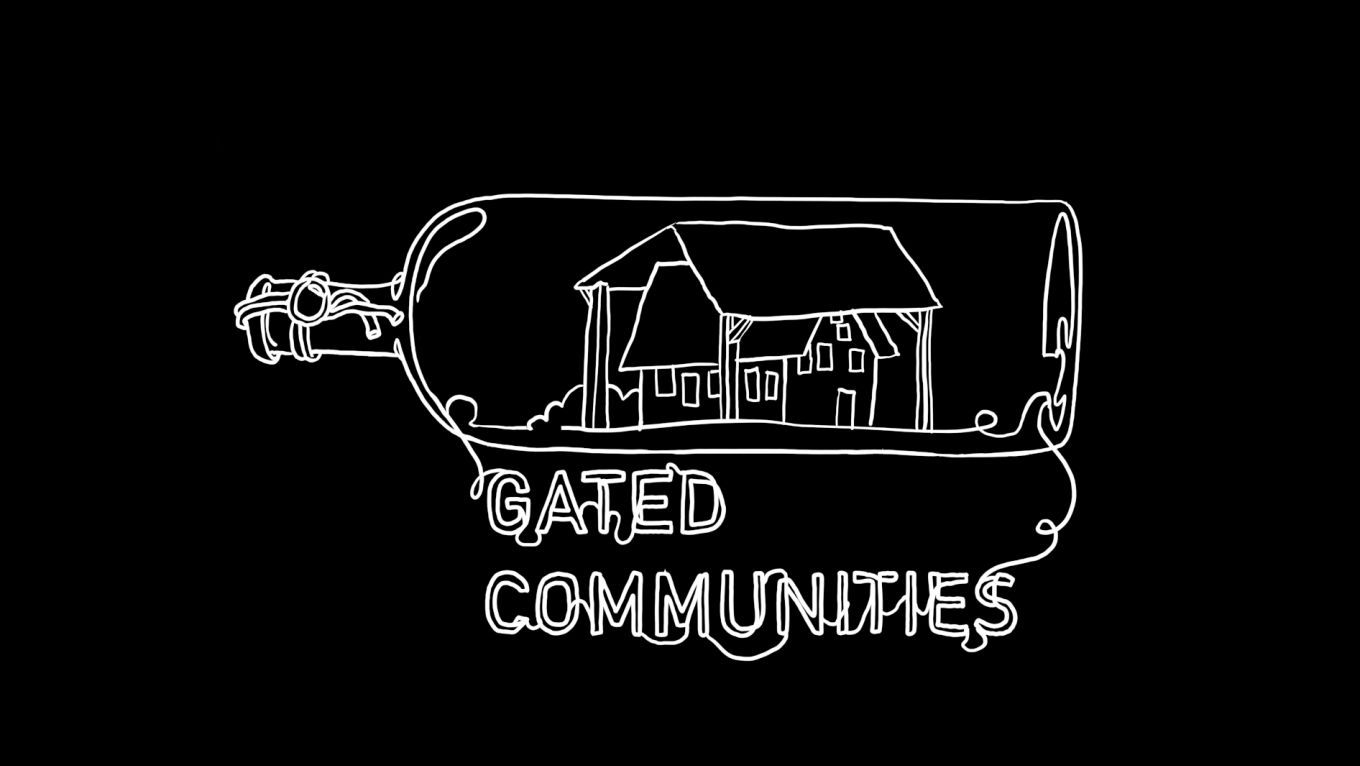Science
Media Coverage and the Public in the Surveillance Society
Findings from a Research Project on Digital Surveillance Post-Snowden
December 29, 2015
8:30 PM – 9:00 PM Add to calendar
8:30 PM – 9:00 PM Add to calendar
Hall 6
How have the media reported the Snowden revelations? Does the public care about surveillance, and how do people react? Do we need a ‚data justice‘ movement?
This talk will present results from the research project „Digital Citizenship and Surveillance Society: State-Media-Citizen Relations After the Snowden Leaks“. We will discuss why media coverage has been biased and investigate public knowledge of, as well as public reactions to, surveillance. We will show that people are concerned about surveillance but feel disempowered to resist it, and explore why many social/political/environmental activists have been reluctant to change their communication practices after Snowden. And we will suggest a ‚data justice‘ framework to form part of broader social and economic justice agenda in order to resonate with a broader public.
The project „Digital Citizenship and Surveillance Society“ is hosted at Cardiff University and includes researchers from Cardiff, the Oxford Internet Institute and the Technical University of Delft. It investigates the responses to the Snowden revelations for policy, technology, civil society and the news media. In this talk, two of the investigators will present findings from research that included content analysis of the British press and broadcast news, interviews with journalists and activists, and focus groups with a wide range of the British public. They will uncover widespread worries about surveillance amongst both activists and wider population but, at the same time, a lack of knowledge and confidence to address it socially, politically and technologically.
The research provides insights for digital rights campaigners, crypto developers, and everyone interested in the Snowden leaks.
Additional information
| Type | lecture |
|---|---|
| Language | English |
More sessions
| 12/27/15 |
What does the fact that Tor users can’t edit wikipedia mean for the quality of the ``encyclopedia that anyone can edit?’’ How do captchas and blocking of anonymity services affect the experiences of Tor users when they are trying to contribute content? This talk will discuss the increasing limitations of active participation in the anonymous Internet and the findings of our interview study of Tor users and wikipedia editors concerning these issues. We believe that by understanding the ...
|
| 12/27/15 |
The REXUS/BEXUS programme allows students from universities and higher education colleges across Europe to carry out scientific and technological experiments on research rockets and balloons. Each year, two rockets and two balloons are launched, carrying up to 20 experiments designed and built by student teams. By reference of two experiments we were involved in, we will explain the way from the experiment idea to the launch and test of it.
|
| 12/27/15 |
Several years ago, the Great Firewall of China was silently upgraded to find and block circumvention servers that employ encryption to defeat deep packet inspection. The system is now used to block protocols such as Tor, SoftEther, and SSH. In this talk, we will give an overview of how this system works, and how it can be circumvented.
|
| 12/27/15 |
Light of astronomical objects gets distorted as it passes earth’s atmosphere. Adaptive optics can correct this distortion and create images that are as sharp as those taken in space. The correction needs a bright reference star. If there is no such star nearby, an artificial Laser Guide Star can be created in the upper atmosphere.
|
| 12/28/15 |
In my talk I am 1) discussing philosophical concepts of privacy, especially Hannah Arendt's philosophy. I am 2) explaining why in a liberal-democratic system we need to protect our privacy and 3) what we can morally do to prevent catastrophes such as a totalitarian system from happening again. With Hannah Arendt's arguments and her analysis of totalitarian systems in mind, I am referring to three examples from today's privacy discussions: cybermobbing, Behavioral Advertising and secret services.
|
| 12/28/15 |
We develop a tool to verify Linux netfilter/iptables firewalls rulesets. Then, we verify the verification tool itself. Warning: involves math! This talk is also an introduction to interactive theorem proving and programming in Isabelle/HOL. We strongly suggest that audience members have some familiarity with functional programming. A strong mathematical background is NOT required. TL;DR: Math is cool again, we now have the tools for "executable math". Also: iptables!
|
| 12/28/15 |
In this presentation I will present the experimental language Ling. We shall get an intuitive understanding of the language through familiar concepts from imperative programming. We shall cover how Ling enables a modular and precise control on memory allocation, through a general optimization called fusion. This optimization, fusion is a cost-free abstraction mechanism which brings high level programming to system programming.
|

